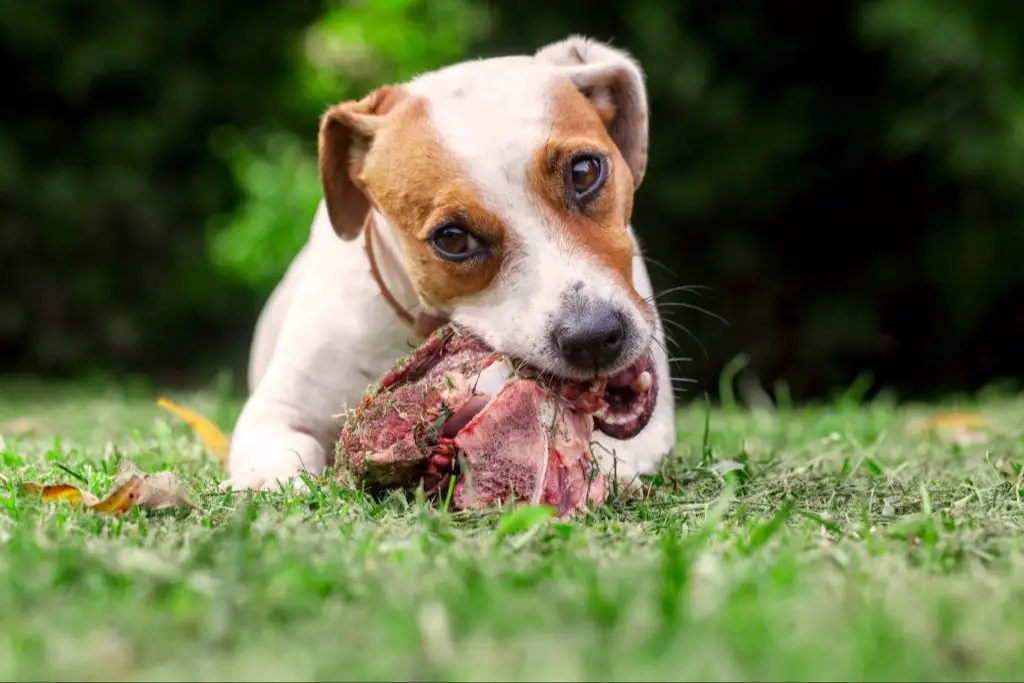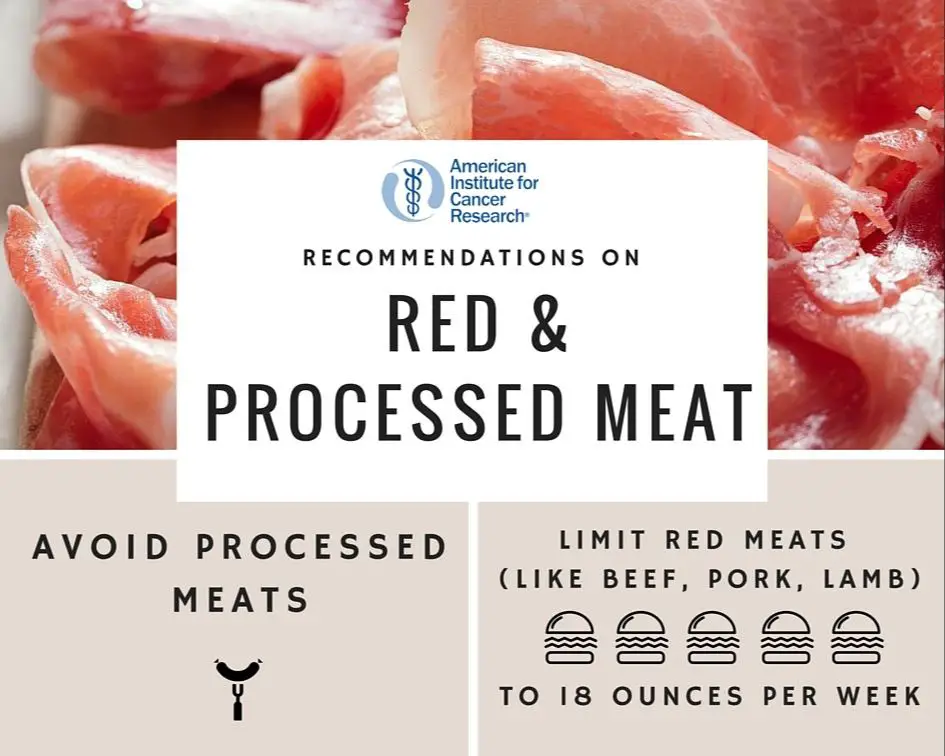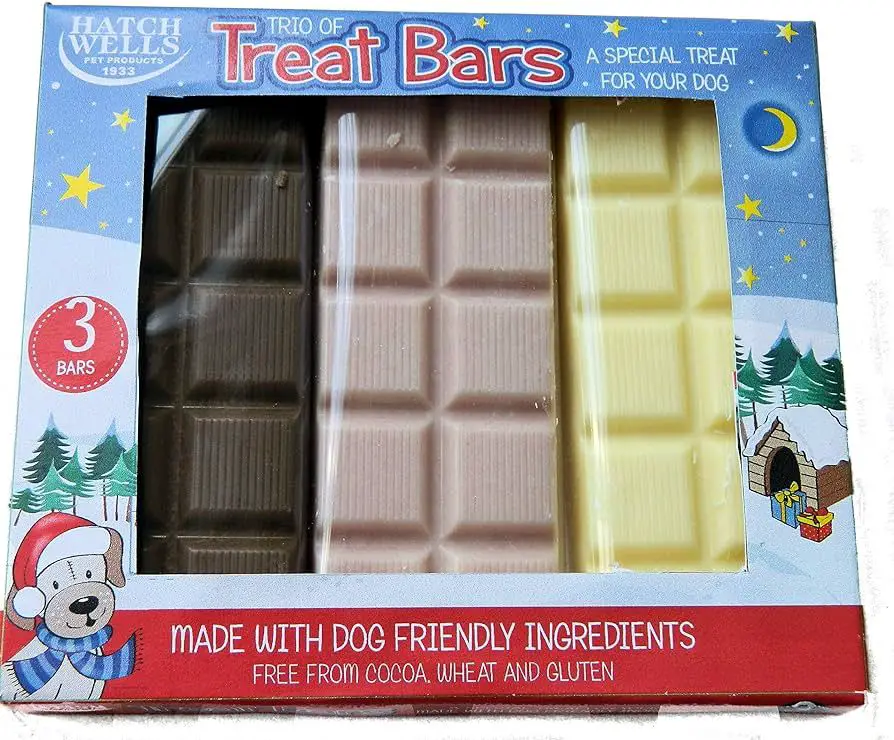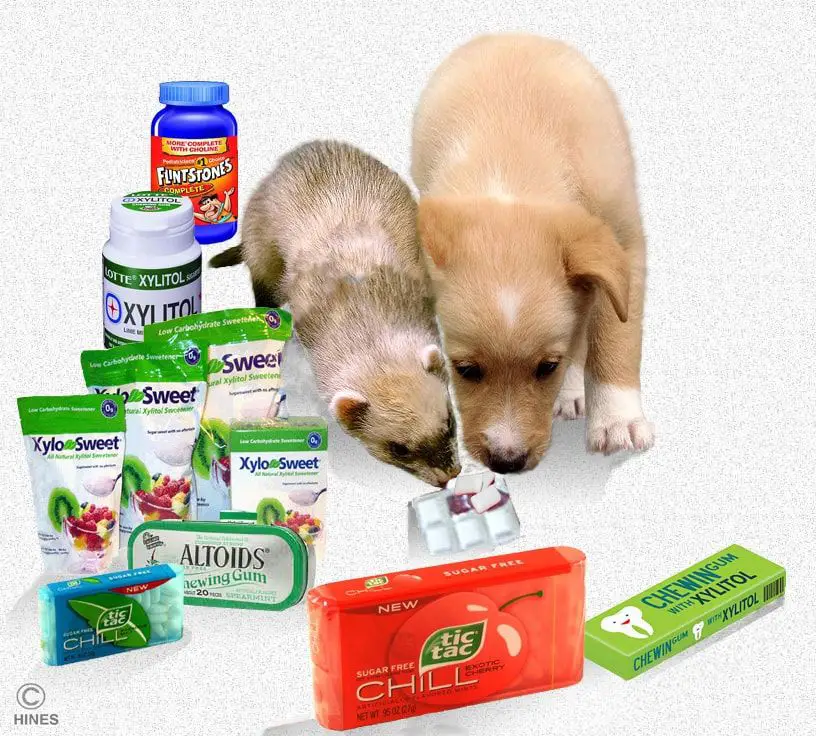Introduction
Proper nutrition is critical for your dog’s health and wellbeing. While dogs are omnivores that can eat a variety of foods, some meats and other human foods can be harmful or even toxic to dogs. Understanding what meats and foods dogs should avoid can help prevent poisoning and other negative health effects.
This article provides an overview of common meats and human foods that should be avoided for dogs. We’ll discuss why each food poses a danger and what health problems it can cause. Knowing what not to feed your dog can help ensure they live a long and healthy life.
Raw Meat
Raw meat can contain harmful bacteria like salmonella and E. coli that can make your dog sick. Dogs’ digestive systems aren’t designed to handle these bacteria as well as human digestive systems. Consuming raw meat or a raw meat diet increases your dog’s risk of developing a foodborne illness.

The two most common bacteria found in raw meat are salmonella and E. coli. Salmonella infection can cause diarrhea, vomiting, fever, and abdominal pain. E. coli can cause severe vomiting and bloody diarrhea. In rare cases, it can also cause kidney failure.
In addition to the risk of foodborne illness, raw meat diets are typically nutritionally unbalanced. They may be deficient in important nutrients like calcium, fiber, vitamins, and phytonutrients. This can negatively impact your dog’s health over time.
Some proponents of raw food diets argue that freezing or freeze-drying raw meats kills bacteria. However, studies show that some bacteria can survive freezing. The safest option is to avoid feeding your dog any raw meat.
Fatty Meats
Dogs should avoid eating large amounts of fatty meats like bacon, sausage, and hot dogs. These meats are high in fat and can lead to pancreatitis in dogs. Pancreatitis is an inflammatory condition where the pancreas becomes inflamed and swollen. It can be caused by a high fat diet. If a dog has pancreatitis, their pancreas cannot properly absorb nutrients and digest food. This leads to vomiting, diarrhea, abdominal pain, lethargy, and other symptoms.
Bacon, sausage, ribs and other fatty meats are tasty treats for humans. However, they contain far too much fat and seasoning for dogs. Eating even small amounts can cause stomach upset, pancreatitis, diarrhea, and vomiting. Some fattier meat scraps may be okay in small amounts as the occasional treat. But fatty meats should never make up a substantial part of a dog’s diet.
Instead, leaner meats like chicken, turkey, and lean cuts of beef or pork are healthier options.removing excess fat before cooking them. When preparing meals for your dog at home, try to remove any visible fat or skin from meats. Avoid adding extra oils, butter, or other fats while cooking. This helps reduce the fat content to levels that are safer and healthier for dogs.
Processed Meats
The meats that fall into the processed meat category are highly seasoned, salted, smoked or cured. This includes hot dogs, bacon, salami, bologna, pepperoni, beef jerky, ham and sausage. While these meats are very tasty to humans, they can be dangerous for dogs to consume.

Processed meats contain a lot of sodium, preservatives, and unhealthy fats. The high sodium levels can cause excessive thirst and urination along with vomiting and diarrhea. The preservatives like nitrites and nitrates have been linked to cancer in humans and may have the same effects for dogs.
In addition, during processing the textures and shapes of these meats makes them a choking hazard for dogs. Since they are so salty, dogs will gobble them up quickly which can lead to choking, obstruction or even a life threatening case of bloat.
So while processed meats may look like tasty snacks for your pup, they can be quite dangerous. It’s best to avoid feeding hot dogs, salami, ham and other processed meat products to your dog.
Bones
Bones can present a significant choking hazard for dogs. Cooked bones tend to splinter easily when chewed by dogs. These bone fragments can get lodged in the mouth, throat, stomach, and intestines, potentially causing serious injury or even death.
Raw bones are also dangerous. They can fracture teeth or cut and tear the esophagus, stomach, and intestines. Large pieces of raw bone may become stuck in the esophagus, windpipe, or intestines, requiring emergency surgery.
While some advocates claim raw bones are safe for dogs, the risks outweigh any potential benefits. Bones should never be fed to dogs.
Grapes & Raisins
Grapes and raisins can be very toxic to dogs. The exact substance that causes the toxic reaction is not yet known. However, even small amounts can cause kidney failure in dogs.
The toxic reaction typically occurs within 24 hours of ingestion. Early signs include vomiting, diarrhea, lethargy, and loss of appetite. Without treatment, kidney failure develops within 24-72 hours. Other symptoms of kidney failure include increased thirst, increased urination, and oral ulceration.
The amount that needs to be ingested to cause kidney failure varies from dog to dog. However, even a few grapes or raisins can be problematic for smaller dogs. The lowest reported toxic dose is 0.3 oz/kg.
If you suspect your dog has ingested grapes or raisins, take him to your veterinarian or an emergency animal hospital immediately. They can induce vomiting and provide supportive care such as IV fluids. With prompt treatment, many dogs recover fully.
Chocolate
Chocolate contains theobromine and caffeine, both of which are toxic to dogs if consumed in large quantities. The darker and more bitter the chocolate, the more toxic it is.

Just a few ounces of dark chocolate can cause vomiting, diarrhea, increased thirst, abdominal pain, and even seizures. Milk chocolate is less toxic but still dangerous. White chocolate contains little to no theobromine and is not normally a concern.
The amount of chocolate that is toxic depends on the type of chocolate, the size of the dog, and the dog’s sensitivity. Any amount of dark chocolate is a concern for smaller dogs. For milk chocolate, 1 ounce per pound of body weight can be toxic.
If your dog ingests chocolate, contact your vet right away. They can advise you on inducing vomiting and other supportive treatments to avoid serious toxicity. Keep all chocolate safely away from your pup!
Onions
Onions contain a compound called thiosulfate which can be toxic to dogs if ingested in large quantities. The thiosulfate causes oxidative damage to red blood cells, leading to a condition called hemolytic anemia. Onion toxicity can occur whether the onion is raw, cooked, or in powdered form.
The severity of onion toxicity depends on the amount ingested, the size of the dog, and their individual sensitivity. Smaller dogs are more susceptible since they have to ingest a greater amount relative to their body weight. Onions are more toxic to dogs when in a concentrated form like onion soup mix or onion powder.
Onion toxicity can cause vomiting, diarrhea, lethargy, elevated heart rate and reddish or dark brown urine. The hemolytic anemia caused by onions can occur days after ingestion once the damaged red blood cells rupture. This can lead to pale gums, weakness and collapse.
The best way to prevent onion toxicity is to avoid feeding dogs any foods containing onions or onion powder. Keep trash cans containing onion scraps securely closed. If your dog accidentally ingests onions, contact your veterinarian immediately. With prompt treatment, most dogs recover fully from onion toxicity.
Xylitol

Xylitol is an artificial sweetener that is often found in sugar-free gum, baked goods, and other foods. While xylitol is safe for human consumption, it can be extremely toxic and dangerous to dogs. Here’s what you need to know about xylitol and dogs:
Xylitol is metabolized differently in dogs compared to humans. When dogs ingest xylitol, their blood sugar levels can plummet rapidly, leading to hypoglycemia. Hypoglycemia can cause vomiting, weakness, loss of coordination, seizures, and even liver failure in dogs. Even small amounts of xylitol can be problematic.
Xylitol poisoning in dogs can occur very quickly, sometimes within 30 minutes of consumption. Symptoms include vomiting, lethargy, loss of coordination, collapse, and seizures. These symptoms can develop into liver failure.
There is no antidote for xylitol poisoning in dogs. Treatment involves inducing vomiting if ingestion was recent, intravenous fluids, glucose supplementation, and liver protectants. Hospitalization for at least 48 hours is typically required.
To prevent xylitol poisoning, keep all products containing this sweetener well out of your dog’s reach. Do not feed any foods containing xylitol to dogs. Always check ingredients lists on packaged foods before giving them to your dog. If you suspect your dog has ingested xylitol, call your vet or emergency clinic immediately. Quick treatment can help prevent serious, life-threatening complications.
Conclusion
Having a balanced and nutritious diet is extremely important for dogs to live a long and healthy life. Some foods that should always be avoided for dogs include raw meat which can contain harmful bacteria, fatty meats that are difficult to digest, highly processed meats with preservatives, bones that can splinter and cause internal damage or choking, toxic foods like chocolate, grapes, raisins, onions, and anything with xylitol.
It’s critical that dog owners understand what foods are dangerous for their pets. While tasty table scraps may seem harmless, some foods can cause serious and even fatal consequences if eaten by dogs. Sticking to high-quality commercial dog food, human-grade lean meats, fruits and vegetables approved for canine consumption is the safest approach.
With the right diet and proper nutrition, your dog can live a long, healthy and happy life as your best friend.